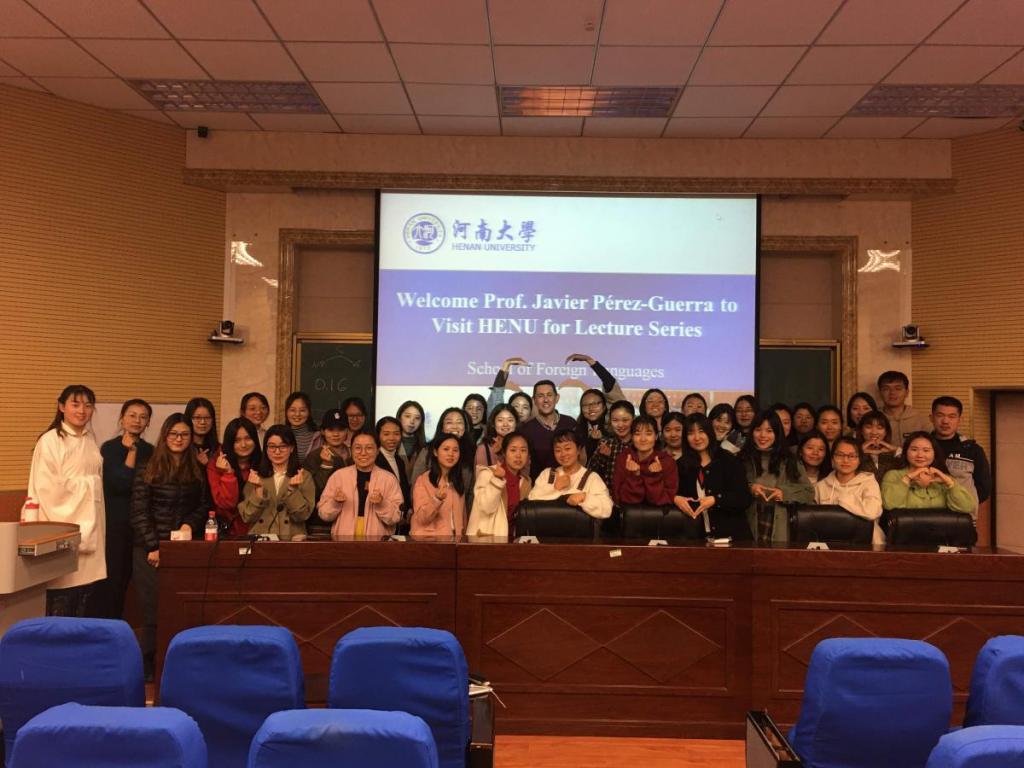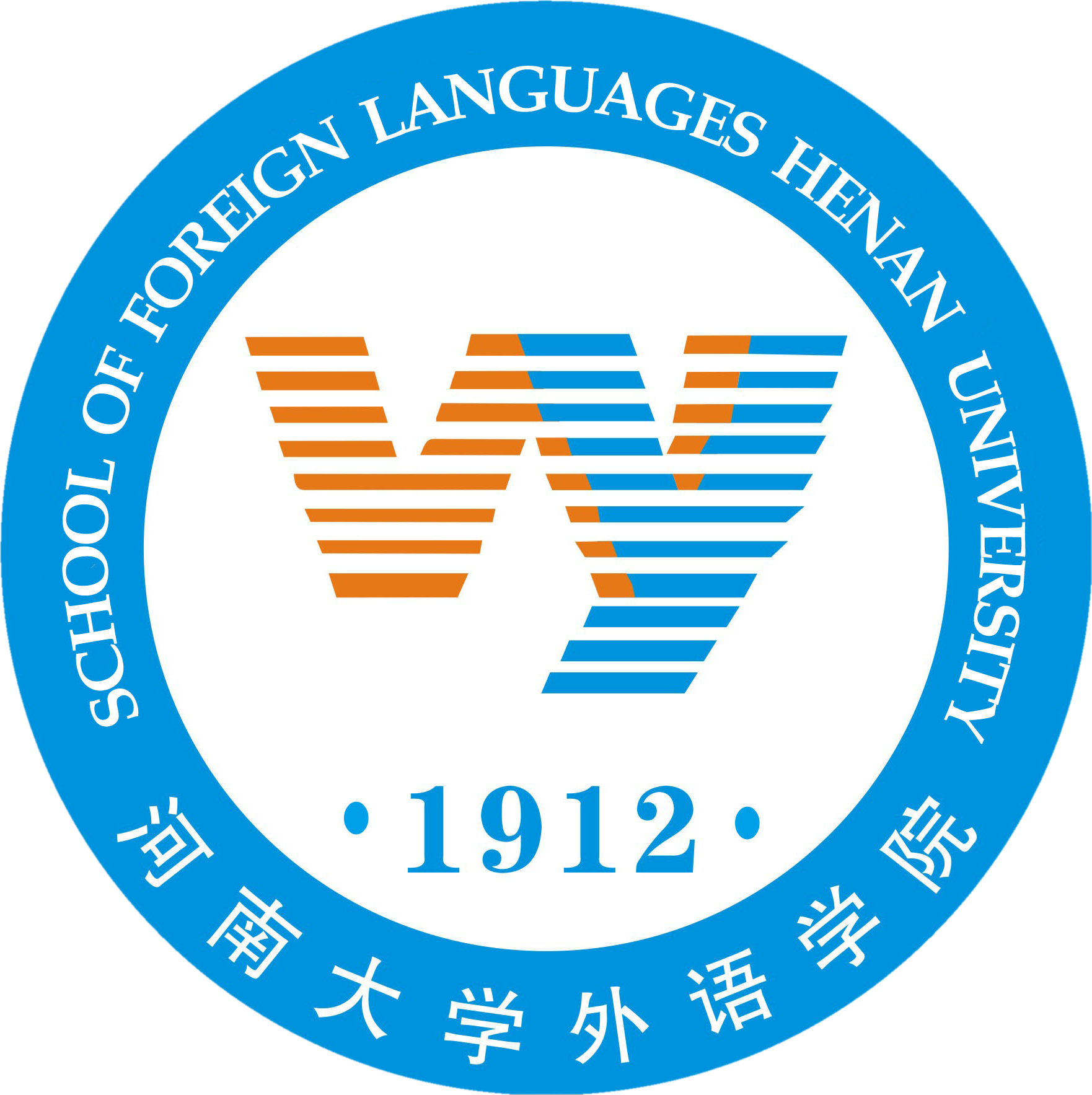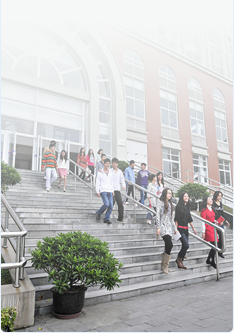
Onthe afternoon of November8, 2019, Professor JavierPérez-Guerraat University of Vigo, Spain, deliveredhis final lecture:“Corpus Linguistics”atSchoolofForeignLanguages. Theten consecutive sessions of linguistic lectures conducted fromOctober 28 to November 8on“Variation in English: Synchronic and DiachronicApproaches”, incorporates various topics like“comparative variations”,“registers”,“language and cognition”and“corpus linguistics”etc., with the attendance of about 100 graduates and doctoral students and faculty members.
In his last lecture, he gave a brief introduction to corpus linguistics including basic concepts such corpus and corpus linguistics, types and applications of corpora. Regarding corpus construction, he also elaborated designing process, annotation, retrieval and analysis of a corpus.
Starting from the citation of Johansson’s and Sinclair’s respective definition on corpus, Prof. Javier provided his characterization of corpus: an electronic collection of linguistic texts in written, spoken, audio or visual forms, which is purposefully collected, structured and annotated, to represent one or two language varieties, for scientific investigation and research. Then he defined corpus linguistics (CL) as a set of tools and methods or an empirical approach using corpora in language study rather than a branch or a theory of linguistics. Followed by a review of popular corpora like BNC, Brown and Lancaster‐Oslo, he summarized the characteristics of corpus and explained the application of corpus-based approach to linguistic structure and language use. Six types of corpora like synchronic and diachronic, general and specialized, complete texts and samples etc. with typical examples and vivid pictures were introduced in detail as well as those their wideapplications tolexicography/lexicology, grammar (morphology,syntax), discourse and pragmatics,historical linguistics and sociolinguistics. Finally, he illustrated some techniques of the design, annotation, retrieval and analysis of a corpus.
During the ten sessions, Prof. Javier highlights the linguistic study from diachronic perspective via corpus-based and corpus-driven approaches. Histhought-provokinglectures have enhanced students’interest in language study and broadened their horizons onlanguage variations, cognitive linguistics and corpus linguisticsforlinguistic research.Students are impressed with his humorous remarks, delicate slides and rigorous attitude toward academic research.(authors: Li Pandeng, Zhang Jie)

